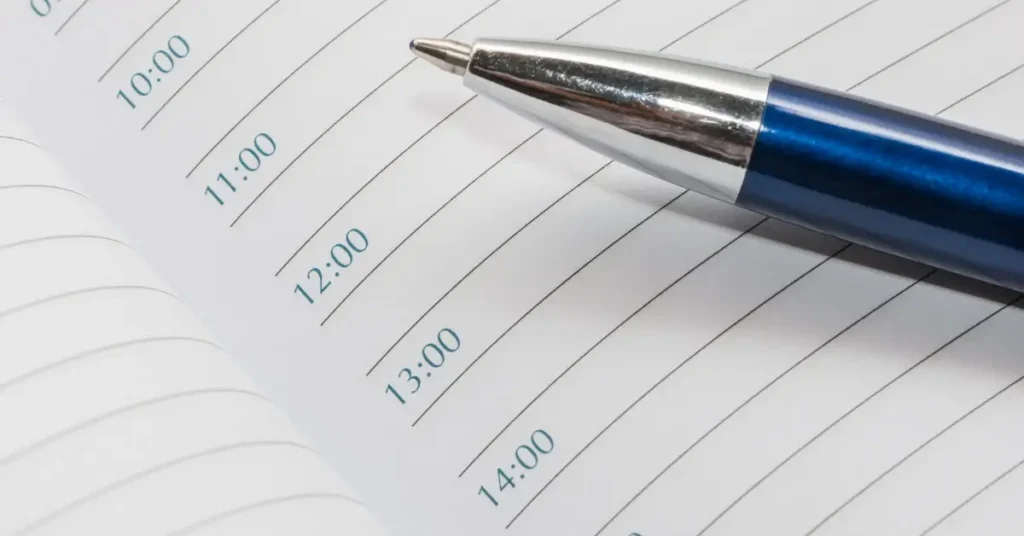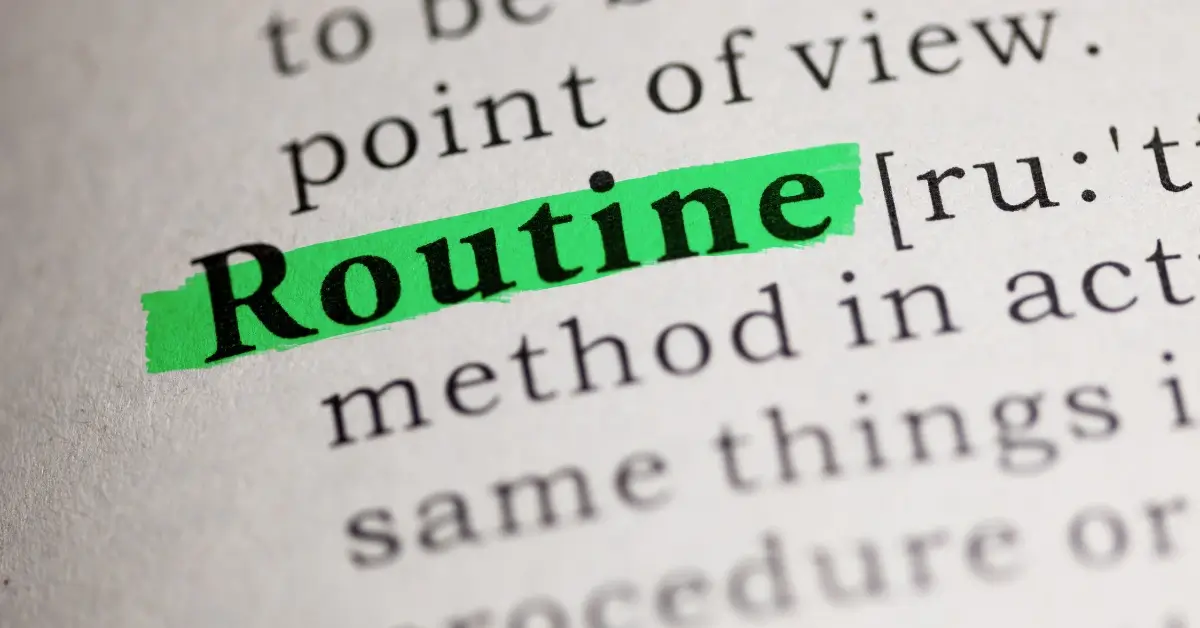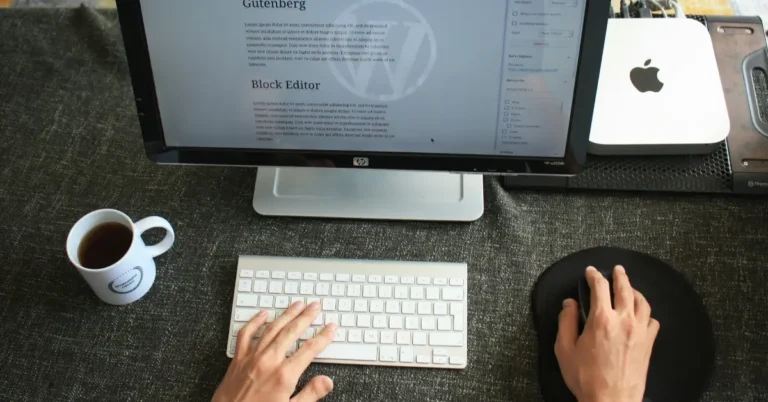As we dive into the world of routines, it’s essential to understand the different types of routines that can help us structure our daily lives more efficiently. Routines are a series of actions we perform automatically every day, and they can have a significant impact on our well-being and productivity. By exploring the types of routines, we can identify those that will best suit our individual needs and pave the way for a more organized and fulfilling life.
There’s a broad spectrum of routines out there, from morning and evening rituals to those that are integrated into our workday or fitness regimens. Recognizing that our personal preferences and habits play a key role in determining the success of these routines, it’s crucial to choose those that align with our goals and lifestyle.
In this article, we’ll provide an overview of the various types of routines available and offer some guidance for establishing and maintaining the ones most beneficial to us. Not only will this knowledge help us form habits that enhance our daily lives, but it will also contribute to our overall well-being, happiness, and productivity.
Daily Routines
We all have various types of routines in our daily lives, which help us manage our time more effectively, stay focused, and accomplish our tasks. In this section, we’ll discuss three main categories: Morning Routine, Working Routine, and Evening Routine.
Morning Routine
A well-structured morning routine sets the tone for the entire day. Starting the day with intention and purpose can lead to increased productivity and a positive mood. Here are some common elements of a morning routine:
- Waking up early: An early rise allows for ample time to prepare for the day and focus on personal goals.
- Exercise: Incorporating physical activity into your morning routine can help boost energy levels and improve overall health.
- Healthy breakfast: Eating a nutritious meal in the morning can provide sustained energy and better focus throughout the day.
- Meditation or mindfulness practice: Starting the day with a calm mind can lead to better emotional regulation and reduced stress.
Working Routine

A well-organized working routine allows us to stay focused, manage our time, and achieve our professional goals. Some essential elements of an effective working routine include:
- Prioritization: Listing tasks according to their importance helps you focus on the most critical tasks first.
- Time management: Allocating specific time slots to each task can lead to improved efficiency.
- Breaks: Taking short breaks throughout the day can help preserve energy and prevent burnout.
- Staying organized: Keeping a clean and clutter-free work environment can increase focus and productivity.
Evening Routine
An evening routine helps us wind down after a busy day, promotes relaxation, and prepares us for a good night’s sleep. Some key components of a balanced evening routine include:
- Dinner: Consuming a well-balanced meal can provide the necessary nutrients to support overall health and well-being.
- Digital detox: Disconnecting from electronic devices can help reduce stress and promote better sleep quality.
- Relaxation techniques: Engaging in activities that help you relax, such as reading, taking a bath, or practicing yoga, can promote mental and physical relaxation.
- Sleep hygiene: Establishing a consistent bedtime and practicing good sleep habits can lead to improved sleep quality and overall health.
Health and Fitness Routines
As we explore the various types of routines, it’s crucial to consider health and fitness. In this section, we’ll discuss an exercise routine and a diet routine, both essential components of a well-rounded health and fitness plan.
Exercise Routine
A balanced exercise routine comprises several elements to ensure our bodies function at their best. First and foremost, aerobic exercise is vital for heart and lung health, as well as improving overall endurance. Examples include walking, jogging, and swimming. For optimum results, aim for at least 150 minutes of moderate aerobic activity or 75 minutes of vigorous aerobic activity per week.
Strength training is another crucial aspect, as it helps build muscle mass and improves metabolism. Incorporate resistance exercises, such as weightlifting or bodyweight training, into your routine at least twice a week.
Remaining flexible and maintaining balance are also important. Thus, implementing flexibility and balance exercises like yoga, Pilates, or tai chi will be advantageous.
Diet Routine
A well-structured diet routine is just as crucial as a solid exercise routine. Here are some key guidelines to follow:
- Balance: Aim for a balanced mix of macronutrients (protein, carbohydrates, and fats) in each meal. Include a variety of fruits and vegetables to get essential micronutrients, such as vitamins and minerals.
- Portion control: Be mindful of portion sizes to avoid overeating in a single sitting. Use smaller plates if necessary and chew slowly to help recognize the feeling of fullness.
- Hydration: Keep yourself well hydrated throughout the day by drinking plenty of water. This not only helps in digestion but also aids in maintaining energy levels and overall health.
- Mindful eating: Pay attention to your body’s hunger and satiety cues. Avoid emotional or mindless eating and focus on consuming whole, nutrient-dense foods.
Remember, combining these two essential routines – exercise and diet – will put us on the path toward a healthy and well-rounded lifestyle.
Self-Care Routines

As we explore different types of routines, it’s essential to highlight the importance of self-care routines. These routines help us maintain our physical, emotional, and mental well-being, ultimately allowing us to feel happier and more balanced. In this section, we’ll discuss two crucial aspects of self-care routines: hygiene and relaxation.
Hygiene Routine
A proper hygiene routine is essential for maintaining our overall health and well-being. Some key elements of a good hygiene routine include:
- Oral hygiene: Brushing our teeth at least twice a day, flossing, and using mouthwash can help prevent tooth decay and gum disease.
- Bathing: Regularly showering or bathing helps remove dirt, sweat, and bacteria from our skin, reducing the risk of skin infections and body odor.
- Handwashing: Washing our hands frequently, especially before eating or after using the restroom, helps prevent the spread of germs and illnesses.
- Skincare: Taking care of our skin by cleansing, moisturizing, and using sunscreen can help maintain skin health and prevent premature aging.
Incorporating these practices into our daily routine can significantly improve our overall hygiene and contribute to a healthier, more confident lifestyle.
Relaxation Routine
Another essential component of self-care is a relaxation routine, which can help reduce stress and promote a sense of calm. Some effective relaxation techniques include:
- Meditation: Practicing mindfulness meditation or other forms of meditation can help us develop greater self-awareness and reduce stress.
- Breathing exercises: Engaging in deep breathing exercises can activate our body’s relaxation response, lowering stress levels and promoting a sense of calm.
- Stretching: Gentle stretching, such as yoga, can help release muscle tension and increase flexibility, making it easier for our body to relax.
- Journaling: Writing down our thoughts and feelings can be a therapeutic way of processing emotions and reducing stress.
By incorporating relaxation practices into our daily routine, we’re better equipped to cope with life’s challenges and maintain a positive state of mind.
Professional Routines

We all have different types of routines that help us thrive in our personal and professional lives. In this section, we’ll focus on professional routines, specifically organizational and time management routines. Developing solid professional routines can make a significant difference in how productive and efficient we are at work.
Organizational Routine
Keeping our workspace organized is essential for maintaining focus and avoiding distractions. An organizational routine can involve designating specific areas for different types of work materials, regularly decluttering our desks, and setting up a system for file organization. Maintaining a clean and orderly environment helps us feel more in control and sets the stage for better work performance.
Creating a routine for organizing our digital space is also crucial. We should make a habit of organizing our files into dedicated folders and keeping our desktop free of clutter. Regularly updating and backing up our files can help us stay on top of our digital organization, preventing any potential loss of data or important information.
Time Management Routine
Efficient time management is one of the cornerstones of a successful professional routine. To improve our time management skills, we can start by prioritizing our tasks in order of importance and setting deadlines for their completion. A clear understanding of our priorities enables us to smartly allocate our time and energy, ensuring we focus on the most critical tasks first.
To further enhance our time management routine, we can use tools like calendars, to-do lists, and time tracking apps. These tools assist us in visualizing our tasks and identifying areas where we can improve our productivity. Implementing short breaks into our work routine, such as the Pomodoro Technique, has also been shown to boost productivity and prevent burnout. This method involves working for a set period, typically 25 minutes, followed by a short break, and repeating this process throughout the workday.
By implementing these organizational and time management routines in our professional lives, we can make significant improvements in our overall productivity and efficiency. Remember to stay consistent and periodically review our routines to accommodate any changes and improvements that may be necessary.
Our Types of Routines
We all have different types of routines in our lives, from daily habits to weekly rituals. In this section, we’ll discuss the importance of routines and explore some examples to help you better understand the various types of routines that may be beneficial for your well-being.
Morning and evening routines are essential to starting and ending our days on the right foot. These routines might include waking up at a consistent time, engaging in physical activity, and practicing self-care. Creating a morning and evening routine that works for you can set you up for success each day and night.
Another type of routine is the daily work routine. This can vary greatly depending on your job, but having structure and organization at work can increase productivity and decrease stress. For example, taking regular breaks or setting aside specific times for checking emails can be helpful for managing workloads.
In addition to work routines, it’s important to have leisure routines that promote relaxation and rejuvenation. These routines might involve engaging in hobbies, connecting with friends and family, or practicing mindfulness techniques. Embracing leisure routines can help us recharge and maintain a healthy work-life balance.
Lastly, there are health-focused routines that emphasize the importance of maintaining our physical and mental well-being. Examples of health routines include balancing a nutritious diet, staying physically active, and seeking regular medical checkups. Prioritizing these routines can have a significant impact on our overall health.
In conclusion, we should recognize the importance of routines in our lives and strive to create and maintain routines that promote productivity, well-being, and balance. Understanding the different types of routines and their benefits can help us make the most of our daily lives.
FAQ – Types of Routines
What are regular routines?
Regular routines, one of the Types of Routines, refer to activities or tasks that are performed consistently and habitually at the same time or in the same sequence. These Types of Routines can include daily practices such as brushing your teeth, going to bed at a specific time, or having a morning coffee. By establishing these Types of Routines, individuals can create structure and predictability in their lives.
What kind of routines can you do?
There are various Types of Routines you can incorporate into your life, such as fitness routines involving exercises like jogging, yoga, or weightlifting. Daily Types of Routines can also include skincare routines, study routines, and meal preparation routines. By exploring different Types of Routines, you can enhance your productivity, health, and overall well-being.
What are routine examples?
Examples of Types of Routines include morning routines, such as waking up, exercising, and having breakfast; work routines, which may involve checking emails, attending meetings, and completing tasks; and evening routines, like having dinner, engaging in relaxation activities, and preparing for bed. These Types of Routines help structure your day and ensure consistency. By understanding different Types of Routines, you can create a balanced and productive schedule.
What are your types of routines? Let us know in the comments!






